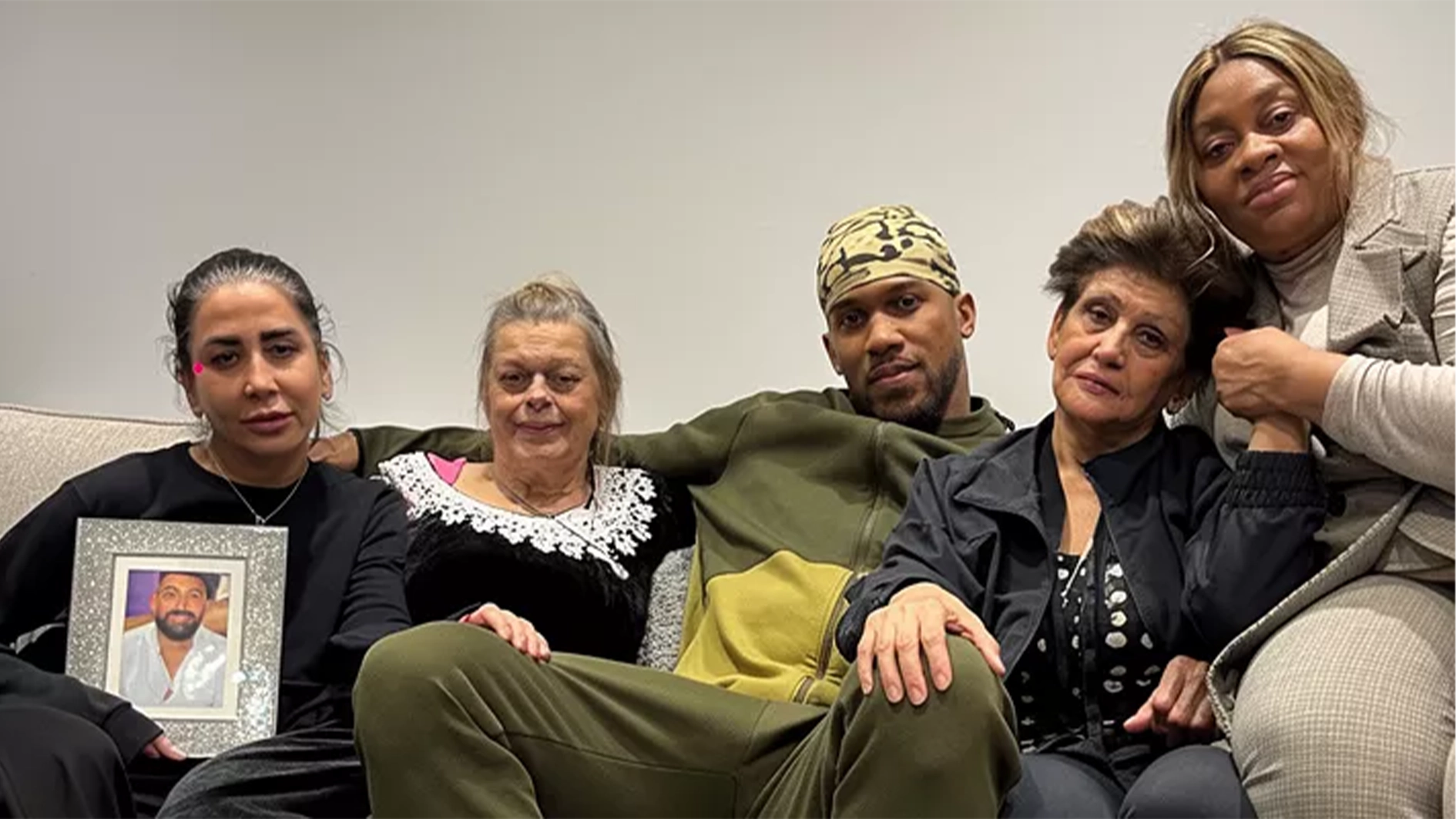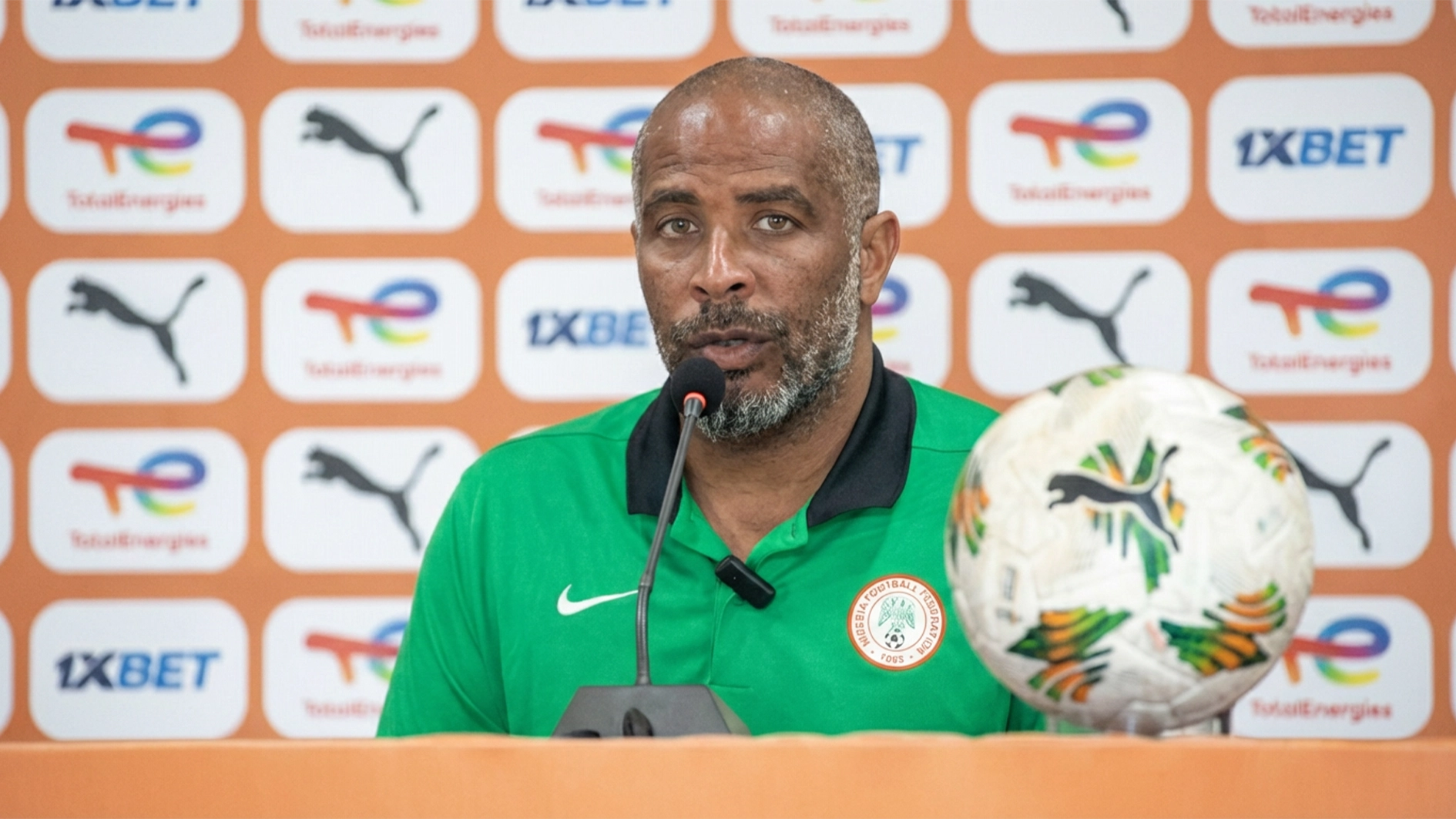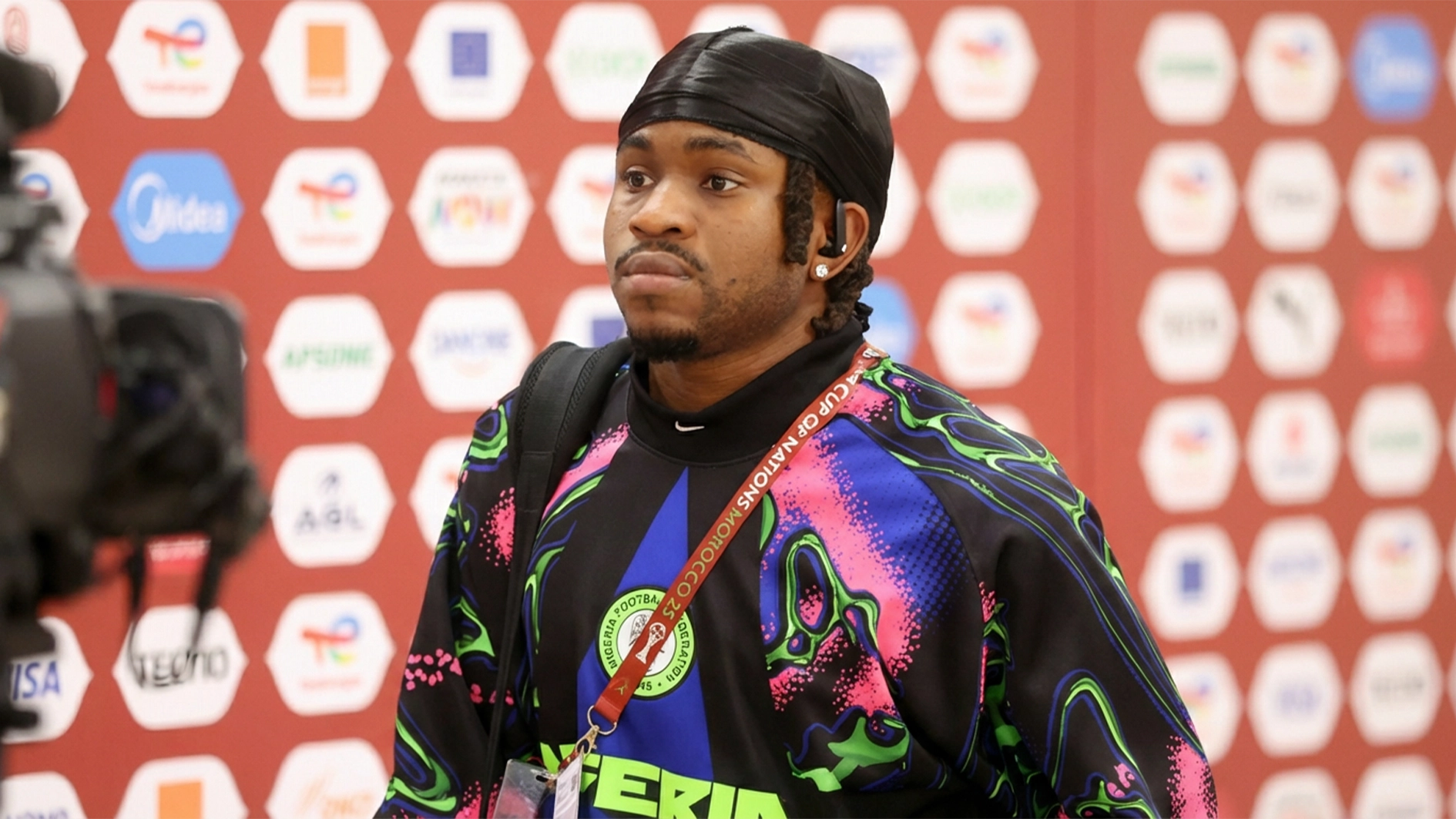Since Kaduna hosted the 2009 edition of the National Sports Festival, no other state in the
North has held the fiesta or any major sports tourney. Whereas the enthusiasm and budding talents are not in doubt, the political and economic will of sports promotion is waning, GOWON AKPODONOR reports.
One of the major benefits of hosting top sporting events globally is the impact it has on the host city, including shaping its economy, infrastructure, and overall reputation. Apart from bringing people from different regions and experiences together, it also provides numerous benefits that extend beyond the field of play.
In Nigeria, hosting the National Sports Festival (NSF) and other major sports championships bequeaths significant investment in sports facilities to the host state.
Besides the affected state’s economy being positively impacted, it leads to a change in the host state’s profile and interstate relations, as the influx of people with different backgrounds brings about some reforms or a change in attitude among the locals.
For instance, when Bauchi State hosted the National Sports Festival for the first time in 1991, the fiesta was nearly marred by religious violence, which broke out a few days after it commenced, following poor orientation of some of the locals, who staged a protest after one of their boxers was thoroughly beaten inside the ring.
The protest soon spread into the town, leading to a bloodbath in the city. However, with proper orientation, Bauchi hosted the fiesta again in 2000, and it ended peacefully.
The NSF was introduced by the administration of former Head of States, General Yakubu Gowon, at the end of the Nigerian Civil War in 1970, when the unity of the country was seriously threatened.
General Gowon initiated the festival in 1973 as a platform to bring together youths from all parts of the country to compete and, in the process, use sports as a tool to achieve national healing after the brutal 30-month civil war.
However, while many states in the South clamour to host the festival, their northern counterparts, for several reasons, shy away from staging the festival or any such championship.
In the 52-year history of the NSF, only four northern states- Kaduna, Bauchi, Kwara and Benue have hosted it. While Kaduna and Bauchi have hosted the festival twice each, Benue and Kwara states have hosted it once each.
The Federal Government staged the 2004 and 2018 editions of the festival in Abuja when the designated states were unable to stage the event. KADA 2009, the 16th edition, was the last time the festival was staged in the North, as all subsequent editions had taken place either in the South-South, South-West, or South-East region of the country.
For some stakeholders, hosting the festival perennially in the South does not benefit the North. To them, the North should have its fair share of the hosting rights to divert the attention of the youths from negative activities.
Presently, the hosting rights for the 24th edition next year have been awarded to Enugu, while Bayelsa State is in the race to host the 25th edition in 2028.
So, why is the North not interested in hosting the fiesta or any other national sporting event? Doubtless, hosting the NSF or other national championships in the North is not as easy as it seems, due to the myriad problems besetting the region, especially insecurity.
Apart from the insecurity, a former African tennis champion, Dr Sadiq Abdullahi, said that the main problems undermining the hosting of major sporting competitions in the North are cultural, economic and infrastructural.
He described the North as a conservative region with mixed and misplaced priorities, adding that traditional sports, such as polo, football, and tennis, are popular because both ordinary people and the elites are involved in these sports.
“Hosting a major event is a process; it entails many different interests and a commitment from the federal, state, local governments and the private sector to agree on terms,” he said.
Abdullahi said that the North is currently undergoing a massive road construction and other urban development projects, adding that sports could benefit from the infrastructural revival if leaders are made to understand the role of sports in human development.
He said: “The NSC leadership must be aggressive in promoting the idea, and there must be political will for the process to even begin. Emirs, northern elite and big businesses must be brought to the table. The business plan must be comprehensive and inclusive.
“I believe that hosting big sporting events will certainly accelerate development and the building of schools, and it will inspire the region to address youth restiveness and give them hope again. Investment in Sports, schools and agriculture will transform northern Nigeria.”
However, the immediate past chairman of the Gombe State Athletics Association, Ahmed Shaibu Gara-Gombe, dismissed those who use insecurity as a reason for the North’s inability to host national sporting events as insincere.
“Insecurity is a relative term in Nigeria depending on where you are,” Gara-Gombe said. Over 15 years of insurgency in some parts of the North-East, there have been no incidents relating to the hosting of sports, even in some parts of the North-West.
“Despite the claim of insecurity by some people, football clubs in the southern part of the country do travel to the North for league matches without any problem. You can see why I said insecurity is relative because, as you have insurgency in the North, banditry, kidnapping, cultism, armed robbery, and secessionists are on a rampage in the South.” For Gara-Gombe, the primary reason why governors in the North are reluctant to host the national championships is more economic than intentional.
“When some states in the North hosted the National Sports Festival in the past, their economy and revenue base were good. More importantly, the governors at that time had a special interest in sports. Also, the financial support from the Federal Government for the host states was guaranteed, unlike the present situation.
“Today, people in the North are losing interest in sports, and by implication, they no longer want to call on their governments to be involved in hosting sports despite the abundant talents in the North. That is why you don’t see more northern youths in the national teams as was the case before.”
He said that the apathy also has to do with the poor budgetary allocation that most northern states make for sporting activities. According to him, federal allocations, internally generated revenue and other economic indices place the South at an advantage.
“In the North, football budget (no other sports) is always available because many of our states use it as the opium of the masses, but these state-owned clubs are not managed professionally.
“Less pronounced sports like Dambe have been part of the northern tradition even before they were recognised and included in the national sports calendar.
“Dambe brings fame to families and our communities. It is also a local revenue-generating activity. I also know that there were debates in the past to include Dambe as a medal-winning sport at the National Sports Festival.”
Nigeria’s 4x400m relay gold medallist at the Sydney 2000 Olympics, Fidelis Gadzama, views the problem as political, stating that politicians would rather employ youths as thugs than invest in sports.
“States in the North are not hosting the National Sports Festival because they have converted our youths to their voting materials and they don’t want them Westernised. The politicians know that sports itself is an education, so they don’t want the youths to benefit from it.
“They don’t want to discuss sports. Even the sports commissioner position is used to settle those who campaigned for governors to win elections.
“Until there is a serious campaign to educate northern youths, nothing positive will happen in terms of sports in the North. Only a dedicated southern president, who loves Nigeria as an entity, can help in this regard, but certainly not those northern governors, who prefer to negotiate with bandits.”
He also said that the governors don’t want youths to “co-exist with their southern brothers and sisters because it will end their meal tickets at the centre.”
The Proprietor of Cable Sports Academy, Edwin Onovwotafe, a product of the National Institute for Sports (NIS), agrees that investing in sports will change the orientation of northern youths and boost the states’ economies.
“I remember that the Afuze Games Village in the old Bendel State came into existence as part of Dr Samuel Ogbemudia’s buildup to Bendel ’81 National Sports Festival. When Ogun hosted the NSF for the first time in 2006, the state built the Games Village in Ijebu-Ode. The COJA Games in Abuja in 2003 gave birth to Moshood Abiola National Stadium and Games Village, while FESTAC ‘77 yielded FESTAC Town, the National Arts Theatre and some other key infrastructures in the nation.
“States like Kano or Sokoto, for instance, can come up with an initiative to build a Games Village that they can distribute to their displaced citizens after hosting major national championships. Who says such things can’t happen? It will require the willpower and courage of their governors to do so. It is not impossible,” Onovwotafe stated.






